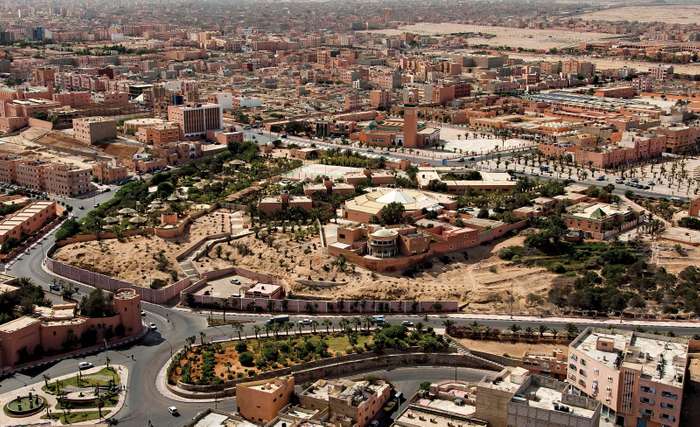Report
30 countries exploit the resources of the occupied Sahrawi lands, including Italy
Dozens of companies operate in Western Sahara in violation of international law and constituting ‘flagrant violations and crimes of colonization.’ The main sectors remain fishing and mining.

“There are at least thirty countries that are illegally investing in the occupied territories of Western Sahara in numerous economic sectors, which, under international law, represents an illegitimate act,” says the annual report of the Ahmed Baba Miské French-Saharawi Center for Studies and Documentation.
Spain and France, the main economic partners of Morocco and participants in its policy of exploitation of resources in the occupied Sahrawi territories, are the countries that are investing the most in Western Sahara, with 28 Spanish and 16 French companies.
More than 70% of the companies come from European countries, such as Germany with 15 companies, Sweden and Greece with six, Italy with five (including ENEL and Italcementi) and Norway with four, but there are also companies from countries as far away as the United States, Canada, China, New Zealand, Bangladesh and Singapore.
The main sectors are maritime transport and fishing, given that Western Sahara’s 1,400 km of coastline is considered “one of the world’s most fish-rich maritime areas, with over two million tons of fish per year,” with economic interests and fishing agreements between the EU and Morocco that were renewed in 2018, despite rulings by the Court of Justice of the European Union, particularly the one of February 27, 2018, which reaffirmed the separate and distinct status of Western Sahara as an occupied territory, internationally recognized by the U.N.
The other economic sectors affected are mining, mainly phosphate extraction—with one of the longest belt conveyors in the world, 100 kilometers long, from the Bou Craa deposits to the export harbor in the city of El Ayoun—but also the conventional (gas and oil) and renewable energy sectors, as well as construction.
The report also indicates that nearly 40 foreign companies have recently left Western Sahara to comply with international law. The establishment of foreign companies in the occupied territories “constitutes flagrant violations and crimes of colonization, because (the companies) have not obtained the consent of the Sahrawi people and its only legitimate representative, recognized by the UN, the Polisario Front.”
After the withdrawal of Spain (1975) as a colonizing country, Western Sahara was classified by the UN as a “non-self-governing territory” without administration, still awaiting the completion of decolonization, as confirmed later by the UN legal adviser, Hans Correl, in his opinion dating from 2002.
These resolutions and legal opinions are consistent with those of the African Union, published in 2015, which clarify the legal status of the Sahrawi Arab Democratic Republic (SADR), a full member of the AU, vis-à-vis Morocco. The official document states that “the Moroccan presence is an illegal military occupation, and that all economic activities, whether carried out by the Kingdom of Morocco or third parties, are violating international law, in accordance with the African Charter of Human Rights which states that every people has an absolute right to self-determination.”
Finally, the report notes that after Morocco’s violation of the ceasefire on November 13, 2020 and the resumption of hostilities, the SADR has declared the entire territory of Western Sahara “a war zone (both on land, sea, as well as air), which should push more companies to reconsider their illegal activities in the area.”
“It is a serious and unacceptable matter that after almost sixty days of war, in a forgotten conflict in which Morocco is suffering losses and has imposed an information blackout on the world, the Security Council has not intervened at all and has not identified a new emissary to achieve what was established by the Minurso mission (1991), namely the self-determination of the Sahrawi people,” Sidi Omar, the representative of the Polisario Front at the UN, recently stressed.
Originally published at https://ilmanifesto.it/trenta-paesi-sfruttano-le-risorse-delle-terre-saharawi-occupate-anche-litalia/ on 2021-01-09
